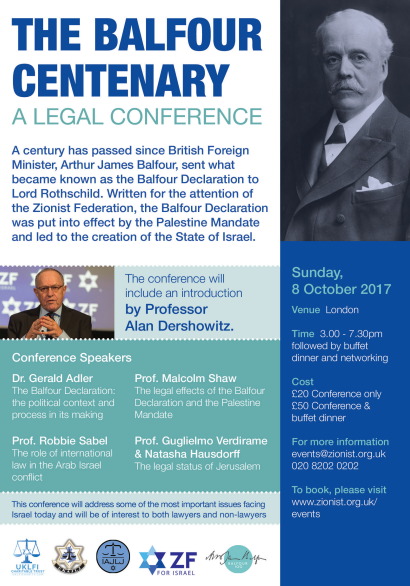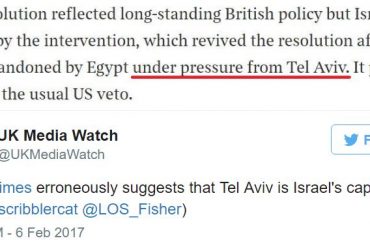On the occasion of the 100th birthday of Professor Bernard Lewis, Mosaic magazine carries an essay by Martin Kramer about the man and his work.
“As the year 1976 opened, the Middle East hardly seemed poised for a great transformation. The shah of Iran remained firmly seated on his peacock throne. Off in Iraqi exile, an elderly Iranian cleric named Ayatollah Khomeini nursed his grievances in obscurity. Anwar Sadat, Egypt’s confident president, had the country under his thumb; the Muslim Brotherhood and its offshoots languished in ineffectual opposition. In Saudi Arabia, a young man named Osama bin Laden finished his education in an elite high school, where he had worn a tie and blazer. Since the previous summer, Lebanon had been roiled by battles, according to Western reportage, between “leftists” and “rightists.” A key player there was the Palestine Liberation Organization under Yasir Arafat, darling of the international left and champion of a “democratic, secular state” in Palestine.
The role of Islam in politics? There wasn’t any to speak of.
Imagine, then, the surprise of the readers of Commentary magazine when the January issue landed in their mailboxes bearing these words on the bright yellow cover: “The Return of Islam.” The byline beneath that sensational headline did not belong to a roving journalist or a think-tank pundit but to Bernard Lewis, the eminent British historian of the Middle East, just recently transplanted to America. Thus did the West receive its very first warning that a new era was beginning in the Middle East—one that would produce a tide of revolution, assassination, and terrorism, conceived and executed explicitly in the name of Islam.”
At J-TV, Dr Qanta Ahmed talks about BDS and more with Dr Alan Mendoza.
Over at Tim Marshall’s website, Nehad Ismail brings some interesting impressions from his recent visit to Jerusalem.
“I had spoken to dozens of people, on average 5 or 6 a day. I spoke to street vendors, shop keepers, café owners, taxi drivers, academics, teachers, Beir Zeit university students, mothers, hotel receptionists, car salesmen, petrol station attendants, pancake makers, falafel fryers and even a medical doctor. […]
The most shocking revelation to me was most of the people I spoke to are not happy with the Ramallah administration of Mahmoud Abbas and his colleagues. Several people told me that the Palestinian Authority is corrupt and is run by merchants or business people not by nationalist statesmen. In Arabic the words ‘merchant and businessman’ are interchangeable. They see Abbas as putting his family’s business interests above the national interests. They say he has compromised too much and has given too many concessions to Israel without getting anything tangible in return.”
At the Times of Israel, Avi Issacharoff has an interesting article titled “Deceiving Cairo and helping IS, Hamas sets Gaza on course for new troubles”.
“According to an abundance of Arab, Israeli and Palestinian sources, wounded members of Islamic State are still being brought into Gaza for medical treatment at almost the same rate as before the Hamas delegation’s visit to Cairo two months ago. Likewise, arms smuggling from the Gaza Strip to Sinai and vice versa continues, albeit at a reduced rate, supervised by members of Hamas’s military wing. Overall, in short, it is largely business as usual.”




